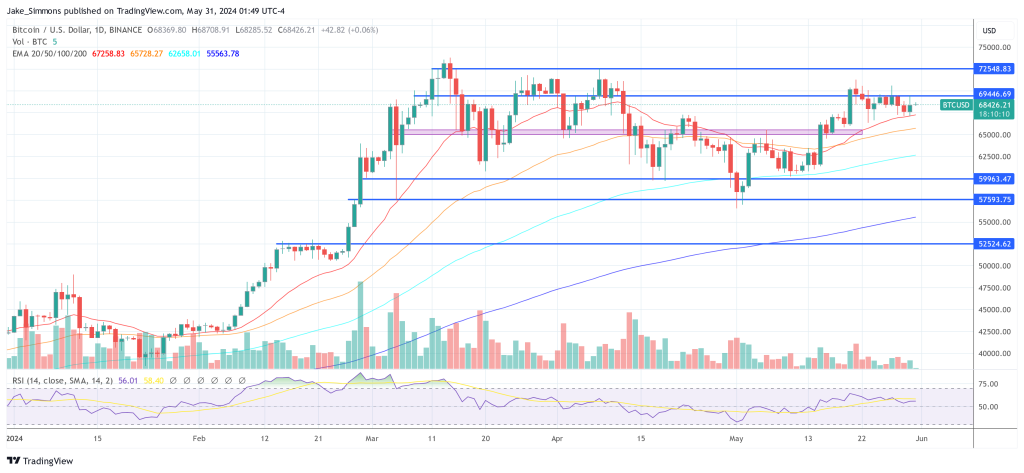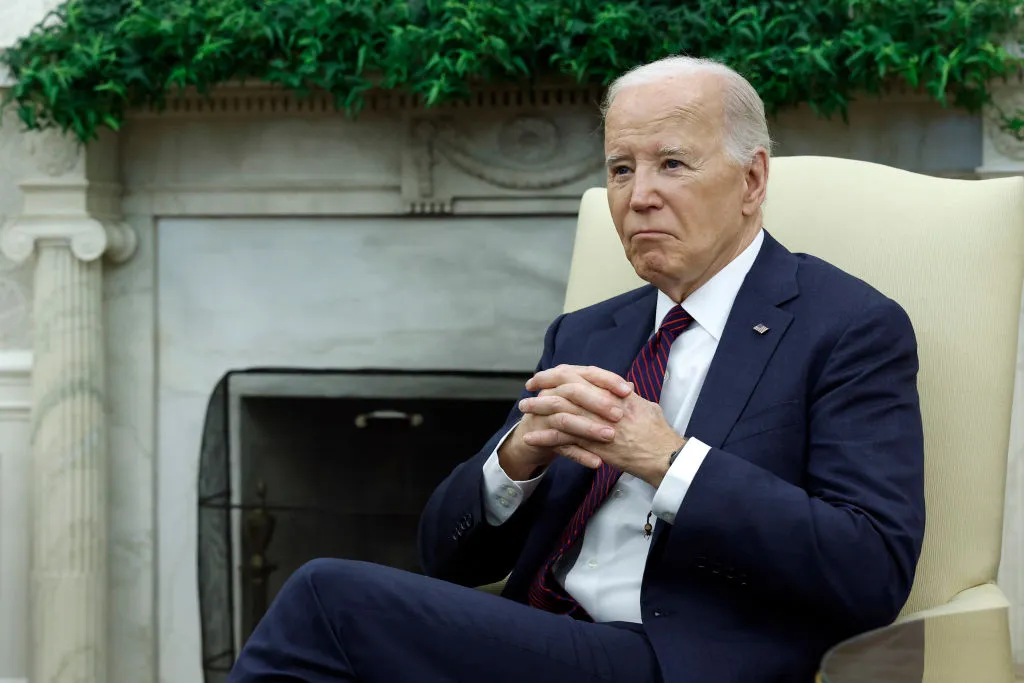Van Buren Capital financial lawyer Scott Johnson has detailed his criticism of the Biden administration's series of strict regulatory measures and policies against the cryptocurrency sector (aka Operation Chokepoint 2.0) via X. His views suggest that despite superficial positive moves such as the spot approval of an Ethereum ETF, the administration's fundamental stance remains very hostile towards Bitcoin and cryptocurrencies.
Ongoing Regulatory Actions Against Cryptocurrencies
Johnson begins by citing the Office of the Comptroller of the Currency's (OCC) refusal to enact “fair access” banking rules. Sponsored by former Comptroller Brian Brooks, the rules would have prevented federally chartered banks from denying financial services based on political or ideological reasons. The administration's veto of the rules illustrates a broader unwillingness to remove regulatory barriers that discriminate against cryptocurrency businesses.
This attitude is further evidenced by a number of aggressive enforcement actions against major exchanges such as Coinbase, Binance and Kraken, all of which are facing enforcement based on what Johnson calls an “unimaginably broad definition of a security.” These actions have been rolled out without clear guidance from regulators, creating an atmosphere of uncertainty and fear among cryptocurrency businesses regarding potential legal action and the broad application of securities laws.
The Securities and Exchange Commission (SEC) has been particularly active, issuing Wells Notices to several major players in the industry, including ConsenSys, Uniswap Labs, and Paxos, which was forced to phase out its BUSD stablecoin offering. Both of these actions show how the SEC is using its securities laws in an unusually broad manner against crypto companies, potentially stifling innovation.
Additionally, Johnson noted that the SEC has extended its “dealer rule” to DeFi platforms, requiring them to register as exchanges and comply with a regulatory ATS, a move that calls into question the decentralized nature of these platforms and whether they can operate under the current regulatory framework without significant changes.
Legislative Tactics and IRS Abuse of Power
In a significant move by the Treasury Department, definitions of “broker” were inserted into key legislation under the cover of darkness, and subsequent IRS regulations could expand these definitions to include individuals and entities far beyond traditional brokers. This could have serious implications for DeFi platforms, effectively restricting their ability to operate in the US.
Johnson also sheds light on the Department of Justice's (DOJ) decision to deviate from existing FinCEN guidelines and impose transaction fees on Tornado Cash and Samurai Wallet that could carry severe legal consequences. These decisions mark a major shift in how privacy-focused tools are treated under U.S. law, signaling a potentially hostile environment for blockchain privacy innovation.
Banking and Institutional Barriers
The analysis continues as the Federal Deposit Insurance Corporation (FDIC) verbally told banks to maintain a 15% crypto deposit threshold and required banks to seek individual approval for new entrants into the cryptocurrency business. Similarly, the Federal Reserve's rejection of Custody's membership application and refusal to grant it a master account represents a concerted effort to limit the banking sector's involvement with crypto-related companies.
Additionally, the Federal Reserve, the FDIC, and the OCC issued a joint statement highlighting the risks banks face when dealing in crypto assets and urging banks to refrain from maintaining direct exposure to crypto assets.
Political and Legislative Resistance
The political situation is similarly fraught, with 103 Democrats and two Republicans backing a letter from Senator Warren that has not since been retracted, exaggerating the role of cryptocurrencies in terrorist financing, and Senator Warren's proposed Digital Asset Prevention and Money Laundering Act (DAAMLA), which proposes strict regulations that could amount to a de facto cryptocurrency ban.
Johnson was critical of continued veto threats against legislative efforts like SAB 121, which the Government Accountability Office (GAO) flagged as improperly promulgated, highlighting a bill that would impose heavy tax burdens on crypto miners. He also cited blocking stablecoin legislation and a ban on central bank digital currencies (CBDCs) as part of the administration's broader strategy to curb the growth of the cryptocurrency sector.
Johnson concludes that collectively, the Biden administration's actions represent a series of significant regulatory, legislative and enforcement obstacles that will significantly hinder the potential of bitcoin and cryptocurrencies in the United States.
“[W]”Reopening the debate on almost any of these issues or topics will only bring us back to neutral, closer to where we left it under the Trump Administration. At that point, apologists can go on about how the Trump/Biden Administrations are both “pro-crypto” or whatever adjective they use to obfuscate. Biden is still threatening developers with prison time and trying to destroy any banks or corporations that get in his way,” Johnson concludes.
At the time of writing, Bitcoin was trading at $68,246.

Featured Image from Shutterstock Charts from TradingView.com

